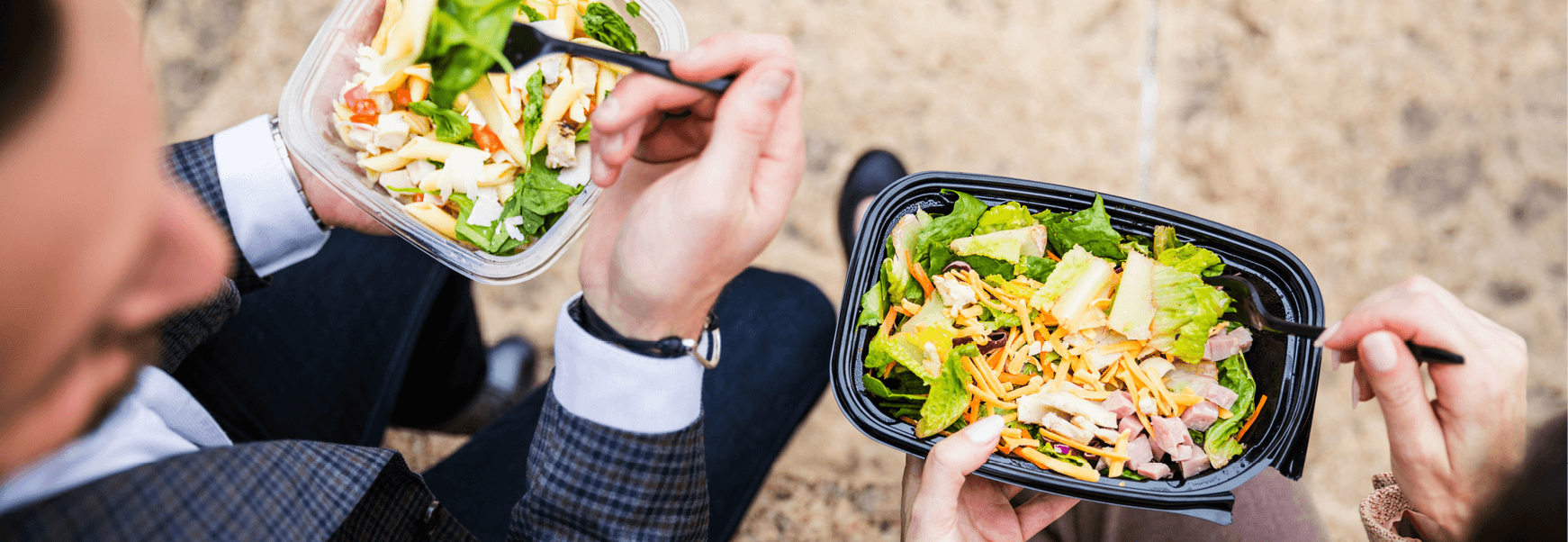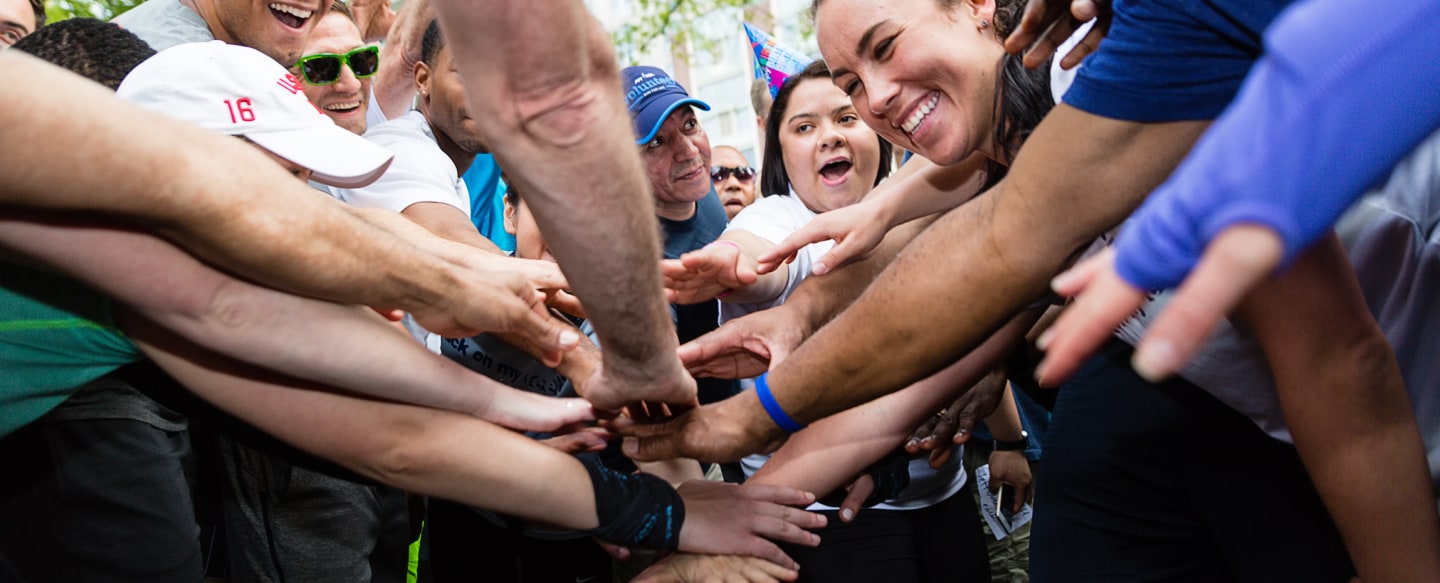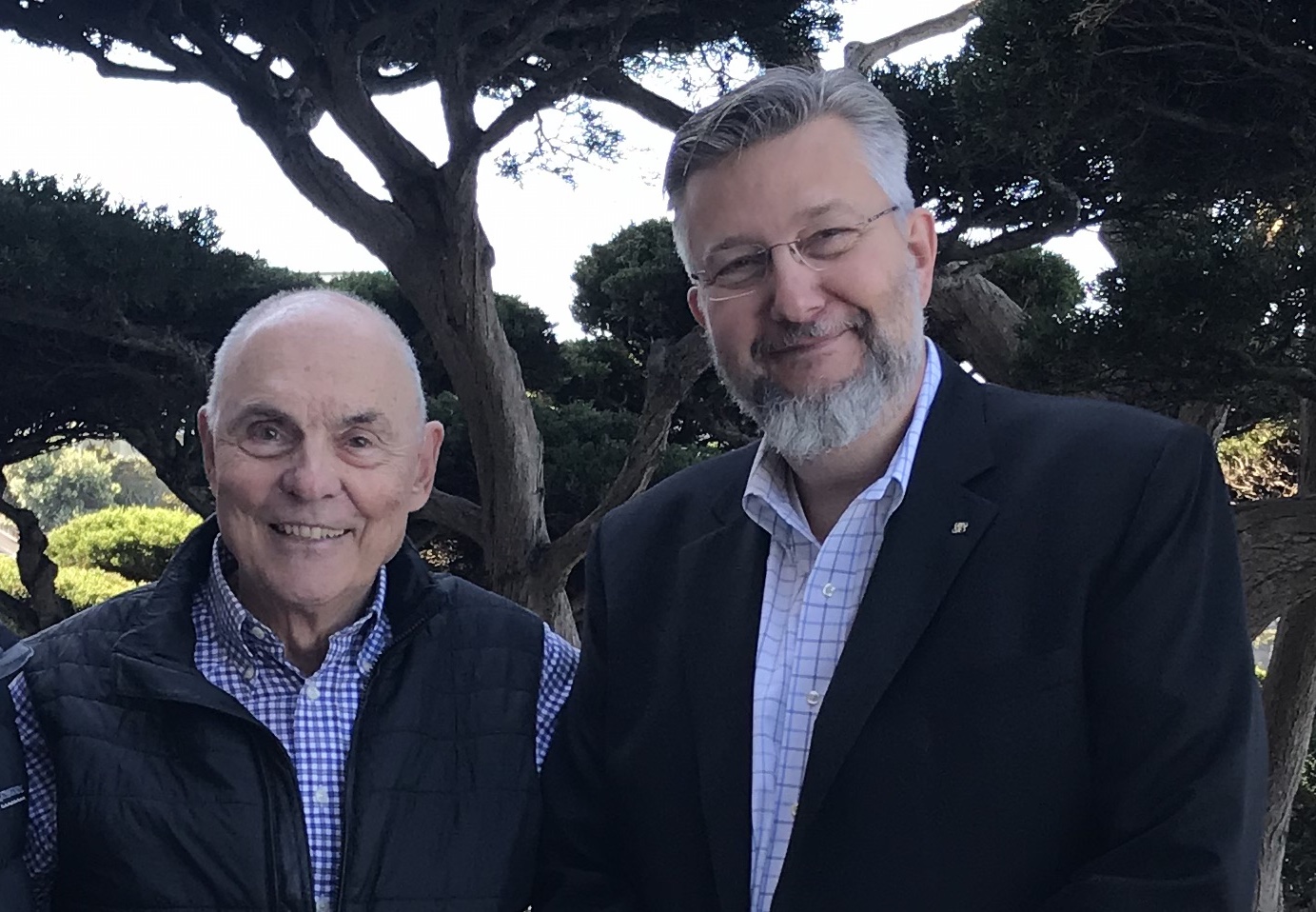In 2014, in what he calls his “previous life,” Rao was living in New York City and working as an investment banker for Credit Suisse when he was hit by a car and almost died. “I was just crossing the street on a quiet Saturday morning when an 87-year-old came speeding and turned,” he recalls. “My head hit the windshield, I went flying off the car.” Lying on a stretcher in the ambulance, “I really started to cycle back through my life.”
Rao was living “in what I like to call the American Dream,” he says. He had arrived from India at five with his parents, both of whom had advanced degrees but took menial jobs in New York City to support their family. “There’s no pride, right?” he says of their mindset. “You start off doing whatever it is you can do.” After college, Rao took a job on Wall Street. He eventually attended Columbia Business School, got married and had a son. At the time of his accident he was seen as a rising star at Credit Suisse.
Rao was back at work within a few weeks, but healing from his concussion and other injuries took months. He had time to reflect. “I’ve been a good son, a good husband, a productive member of society,” he recalls of his thinking then. But he wanted to do more. “When you go through an experience like that, it goes to show how short life really is and how ephemeral things tend to be. Most people want to do good, but life just kind of gets the best of you.”
Rao had done some volunteering with City Harvest, the venerable NY-based charity that works with farms, restaurants, grocers and food manufacturers to deliver food that might otherwise be wasted to needy families across the five boroughs. One in five children go hungry in the city, the organization estimates. “I was really taken aback by the gravity of the situation,” Rao says. “Some kids are from families where both parents work multiple jobs; they just don’t make enough.”
As Rao thought about where he could make an impact, he thought of his experiences with City Harvest. “This was an idea that was worth dedicating my career and life to,” he says.
The idea was relatively simple: use the boom in online food-ordering to help charities addressing hunger. Launched in 2015, Sharebite allows users to order food online from more than 2,000 restaurants in New York City and Washington, D.C. “When you hit order,” Rao explains, “Sharebite donates two percent of your order to charity. Our signature partner is City Harvest in New York. An average order is $25; two percent of that is 50 cents; 50 cents at City Harvest helps donate two meals to people facing hunger. When you’ve placed that order, you’re really getting a dual benefit at no additional cost. You’re not only feeding yourself, you’re feeding others who may define hunger very differently than you do.”
Sharebite estimates it has donated close to 200,000 meals so far, helping not only the hungry but addressing its young users’ appetite for change.
“Many companies are trying to identify and articulate their purpose in a way that engages the growing base of millennial employees, who are no longer just motivated by money,” says Rao. “This is a demographic that cares deeply about giving back to society. However, with as much time as they spend inside the office every day, it was clear that there were few outlets through which people can make a daily impact.”
Rao was mapping out these ideas when he took a course with Noam Wasserman at Columbia Business School. Wasserman, now at University of Southern California where he is director of the business school’s Founder Central initiative, is best known for his 2012 book The Founder’s Dilemma: Anticipating and Avoiding the Pitfalls That Can Sink a Start-Up. The professor was struck by his student’s unusual life story, and the pivot the investment banker was making.
“A different student of mine had a thought-provoking line: ‘It’s very easy to get stuck in a rut if you’re good at what you do,’” says Wasserman. “We go on autopilot, until we get a shock to the system, which gives us the opportunity to rethink our direction.” The two men became friends, and Rao regards the professor as a mentor and trusted advisor now.
At Columbia, Rao also met the man who would become his co-founder, Mohsin Memon. The business school grad had been a volunteer at City Harvest too and was already doing customer research for a similar idea. The two quickly pooled their resources; a third cofounder, Ahsen Saber, joined Sharebite shortly after.
Wasserman isn’t surprised that an immigrant and the son of an immigrant would build a business expressly to address a pressing social concern of their new nation. “A lot of immigrants appreciate what we have here deeper than we natives do,” says Wasserman. “We take for granted what we have.”
“I consider it a distinct privilege as a first-generation immigrant to come here and be a beneficiary of all this great nation has to offer,” says Rao. “This has always been a nation of immigrants and asylum seekers, who left lands devoid of opportunities and freedom of expression to come here and form communities with people who eat and speak and look nothing like one another.”
“There’s still not another country in the world where an immigrant or children of immigrants could come here and do what we do,” he continues. “I find there is no higher calling than giving back to our country at a time when it needs us the most.”—Sean Elder











